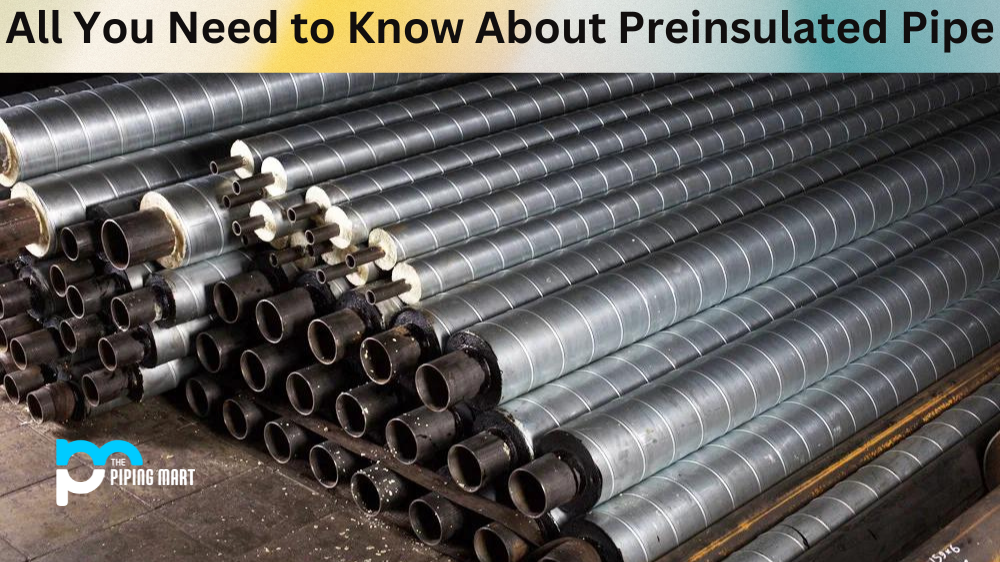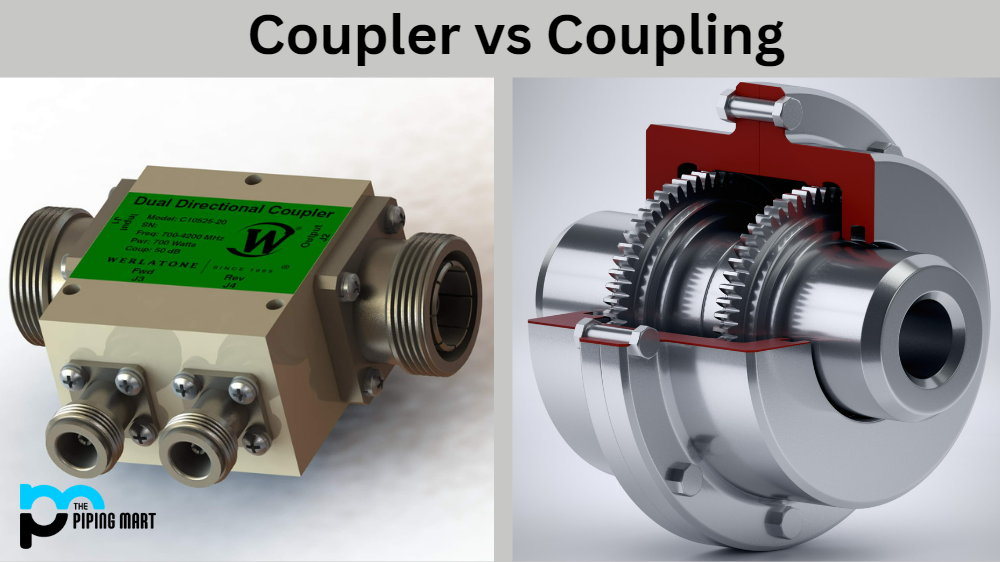Preinsulated pipes are becoming increasingly popular in industrial, commercial, and residential settings. These pipes transport fluids at a constant temperature, which is crucial for many industrial processes. In this blog post, we will dive into everything you need to know about preinsulated pipes, including what they are, how they work, their benefits, and their applications.
What are Pre-Insulated Pipes?
Preinsulated pipes include a carrier pipe, insulation material, and an outer jacket. The carrier pipe is typically made of steel, copper, or plastic and carries the fluid. The insulation material is wrapped around the carrier pipe to maintain a constant temperature, and the outer jacket provides protection and insulation. Preinsulated pipes come in various sizes and can be customized to meet specific needs.
How do Pre-Insulated Pipes Work?
Preinsulated pipes work by insulating the carrier pipe to maintain a constant temperature. The insulation material used can vary depending on the application and temperature requirements. The insulation significantly reduces heat loss or gain, which saves energy and reduces operating costs. The outer jacket offers protection from environmental factors such as water, wind, and UV rays.
Benefits of Pre-Insulated Pipes
There are several benefits of Pre-Insulated Pipes.
- They reduce heat loss, which results in significant energy savings over time.
- Installing preinsulated pipes requires less material and labour than traditional piping systems, making them more cost-effective.
- Preinsulated pipes are versatile and can be used in various applications, including district heating, industrial processes, and geothermal systems.
- Preinsulated pipes help to reduce carbon emissions and meet sustainability targets.
- Applications of Preinsulated Pipes
Preinsulated pipes are commonly used in district heating systems. District heating is a central heating system that distributes hot water or steam from a centralized location to multiple buildings through a network of pipes. Preinsulated pipes are also used in industrial processes that require precise temperature control, such as in the food and beverage industry, chemical plants, and pharmaceutical companies. Finally, preinsulated pipes are used in geothermal systems, carrying the hot fluid from the geothermal source to the surface.
Considerations When Choosing Pre-Insulated Pipes
When choosing preinsulated pipes, several factors should be considered. These include the temperature requirements, the type of fluid to be transported, the length of the piping system, and the environment in which the pipes will be installed. Choosing the right insulation material is essential, as this can significantly impact the performance and cost of the piping system.
Conclusion
Preinsulated pipes are an excellent choice for industries, commercial buildings, and homes requiring constant temperature. They offer significant cost savings, are versatile, and help to meet sustainability targets. When choosing preinsulated pipes, it is important to consider the temperature requirements, fluid type, length of the piping system, and the environment in which the pipes will be installed. Overall, preinsulated pipes offer a reliable and efficient solution for transporting fluids at a constant temperature, making them the preferred choice for many applications.
Meet Heer, a dynamic and driven writer learning tricks of her trade in the metal industry. With a background in Digital Marketing, Heer brings a unique perspective to her writing, sharing valuable insights. Apart from blogging she like reading and hiking.




